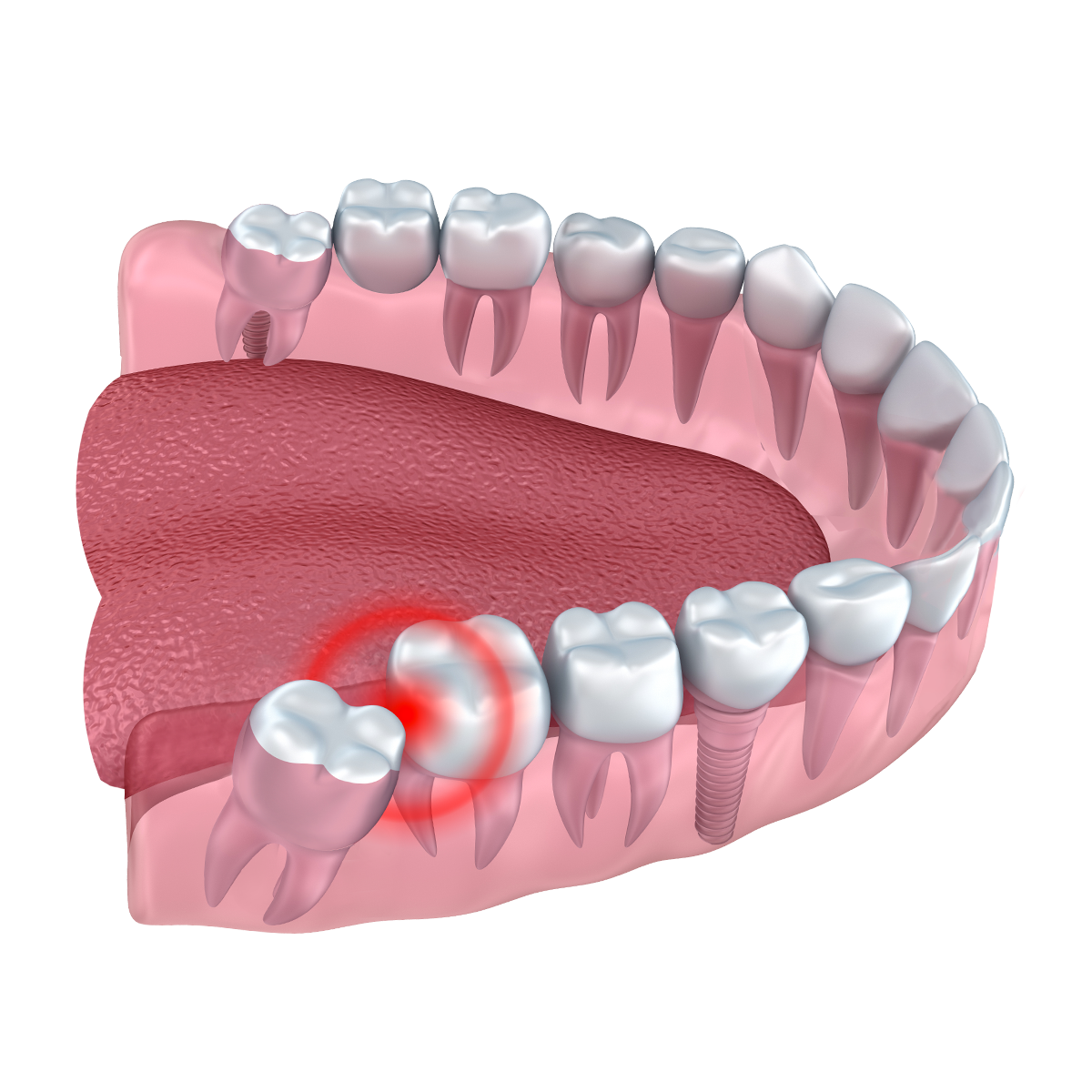Wisdom Teeth Removal - What You Should Know
The removal of wisdom teeth is a standard procedure. Although it's often a quick, painless operation, there are some things to be aware of. Some people experience severe pain and even bleeding after the procedure. If this occurs, you should contact your doctor or visit dentist Bridgeland.
Typically, the removal of a wisdom tooth is done with anesthesia. This helps relieve the pain that is associated with the procedure. It's important to remember that you should avoid eating or drinking anything acidic or spicy. You should also get lots of rest.
During the operation, a dental professional will make an incision into the gums and a hole in the tooth. Next, the oral surgeon will use an elevator tool to loosen the teeth. Once the teeth are loose, the oral surgeon will break the tooth into pieces and remove it.
After removing the tooth, the dentist will place stitches and apply a protective cover to the wound. They may perform dental x-rays to verify that the extraction was successful. Your mouth will be swollen for several days, but this is a normal part of recovery.
A dry socket is one of the most common complications after wisdom tooth removal. A dry socket is when the blood clot that forms in the hole breaks, leading to bleeding and infection. To prevent this from happening, you should rinse the socket gently with warm salt water. While there are various ways to clean the socket, it's best to call your dentist for advice if you can't find a solution.
Depending on your extraction type, you may have to remain at the hospital for a few days or weeks. However, if you're not too bothered by the pain, you can usually return to your everyday routines the day after the procedure.
Anesthesia is available in many forms. Some patients are given local anesthesia, while others will be given general anesthesia. General anesthesia allows the patient to be completely unconscious. However, this will often require a longer wake-up time.
A dental office will have a staff of well-trained and experienced professionals who will provide the most appropriate anesthesia for your specific needs. They will also have modern monitoring equipment and a variety of sedation methods to choose from.
Generally, the surgery itself will last about 45 minutes. After that, there will be a brief recovery period in which you should elevate your head for 48 hours. Following this, you should use ice therapy to help reduce the swelling. Also, you'll need to stay away from chewy, complex, or small foods for a few weeks.
For the best possible outcome from the surgery, your oral surgeon will advise you to follow all post-op instructions carefully. These include taking certain medications, avoiding the use of alcohol, and ensuring that you get plenty of sleep.
Wisdom teeth can cause severe problems if left in the mouth, which is why removing them as soon as possible is vital. In addition, the surgery can prevent the formation of tumors and cysts.


.png)

Comments
Post a Comment